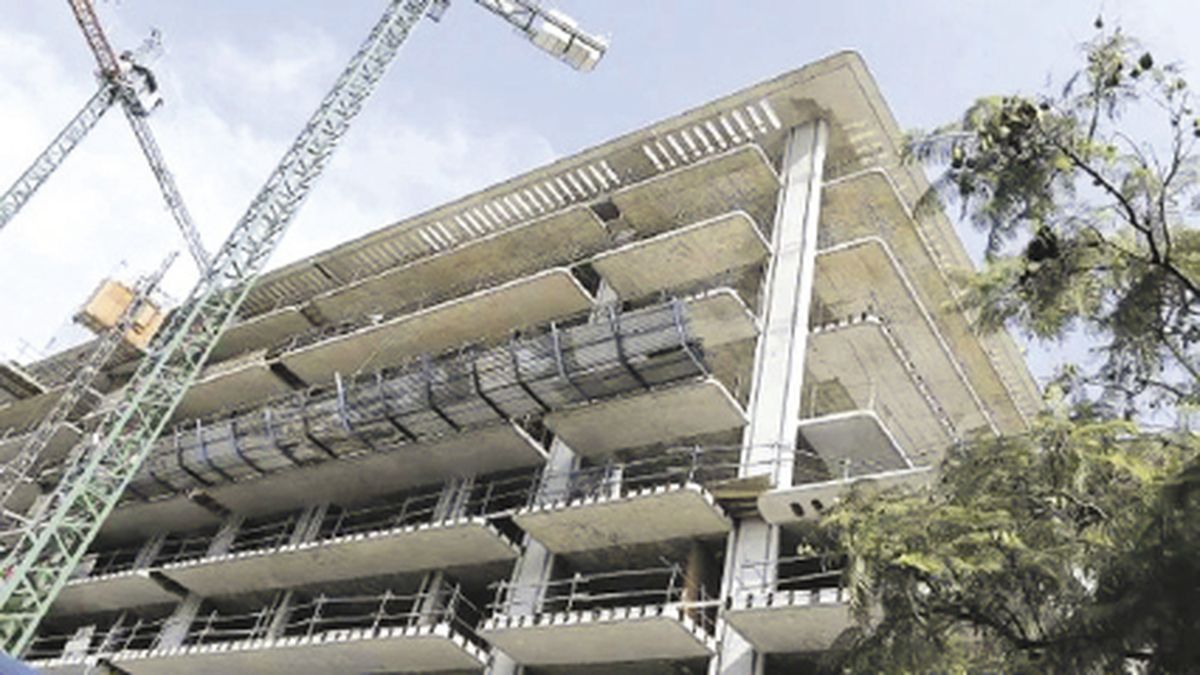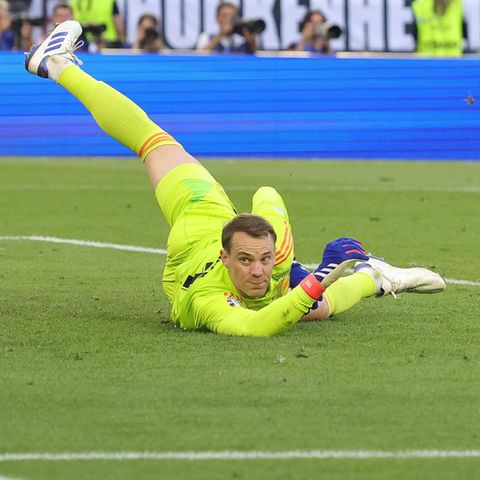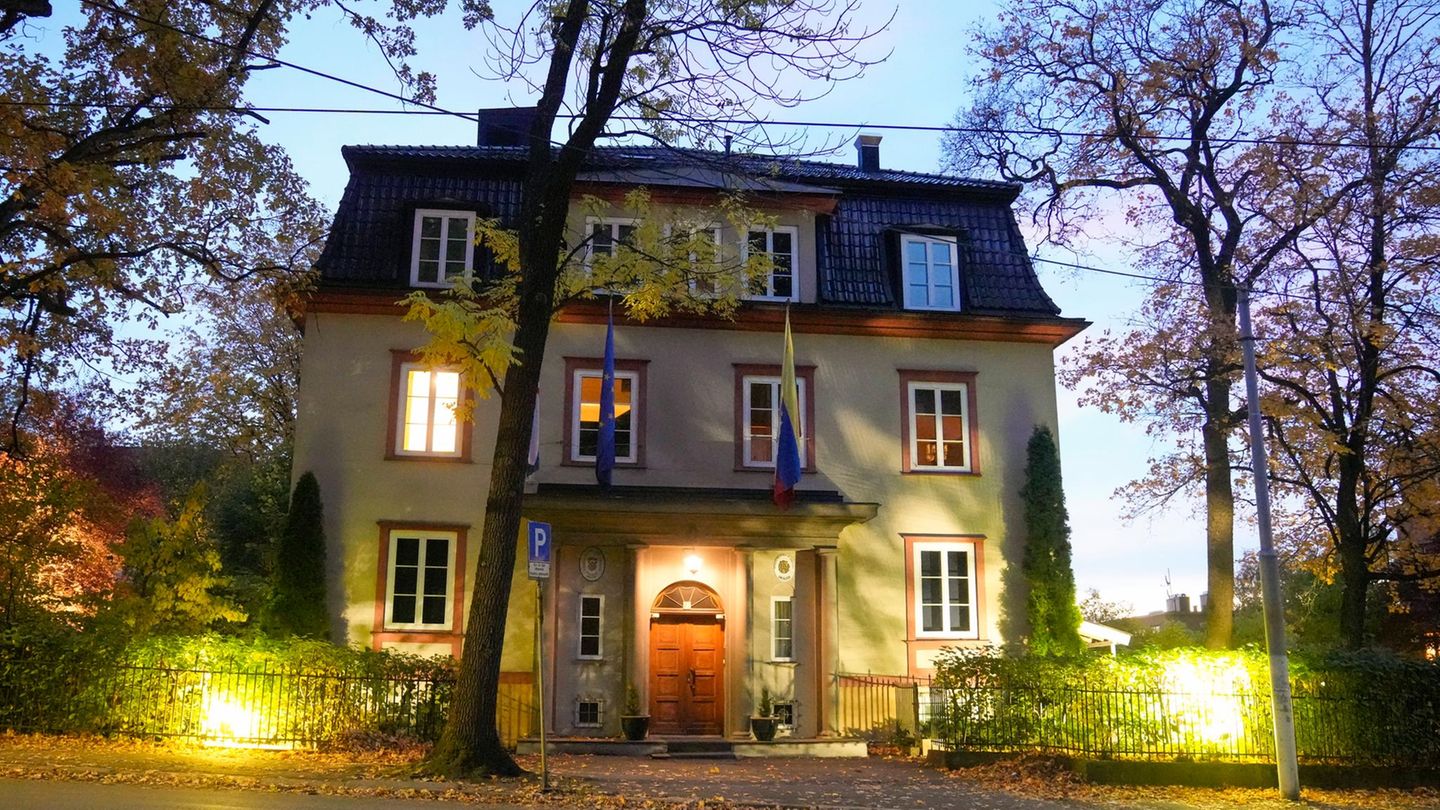He Central Bank (BCRA) formalized the regularization of divisible mortgages for projects under development. This measure, which was announced days ago in the Official Gazette through Decree 1017/2024, accompanies the reactivation of the real estate market.
In this way, the BCRA established that “first degree mortgages on real estate or surface rights will be accepted as collateral and also includes mortgages for real estate projects regulated by the DNU.”
In any case, there is still missing the regulations of the Ministry of Economy so that banks begin to offer their credit lines divisible mortgages.
Divisible mortgages, a key tool to reactivate the real estate sector
The developers are very enthusiastic about the measure, since they assure that it will reactivate the sector. “The DNU enabled the constitution of divisible mortgages and those granted on the real right of surface. Thanks to this, the doors will open to long-term bank financing for buyers in the well, which does not exist today,” The Business Chamber of Urban Developers (CEDU) and the Housing Business Association (AEV) said in a statement.
“Additionally, the Communication A 8135 of the BCRA that reinforces the potential of the DNU by specifying the graduation of the guarantees generated by financial entities under said standard. From CEDU and AEV we reaffirm our commitment to promoting initiatives like this that will improve access to housing and that will contribute to the sustained growth of our sector, that of private construction in the country,” they concluded.
Keys to divisible mortgages
The divisible mortgages They are a type of guarantee that is used in real estate projects, especially in developments under construction or in stages of development. The concept of “divisibility” refers to the possibility of dividing the mortgage into parts to be able to individually sell or assign different units or properties of the same project. without affecting the validity of the mortgage guarantee.
“Unlike the current modality, the divisible mortgages For real estate projects, they make it easier for each unit in a project to have its own mortgage and allow the debt to be divided by each unit or lot acquired. In addition, purchase and sale tickets for future works can be registered, which is very important for both companies and buyers, since the registration will give legal validity to these contracts. This provides greater legal security for all parties, which simplifies the legal processes for acquiring properties, promoting greater confidence in the mortgage system. The impact that this measure will have on real estate developments will be very positive, since it was something that the sector had been asking for for a long time,” said Luis Signoris, General Manager of the CGF firm.
“The different mortgage systems we have had did not allow the division of a mortgage between buyers. The current method allows each buyer who purchases a unit in a project under development under condominium ownership to be responsible for their own debt, independently of the developer. “This will help the objective of reducing the housing deficit, boosting the activity of developers and the sector in general.”said Alejandro Sbrancia, Managing Partner of Winterra.
Source: Ambito




